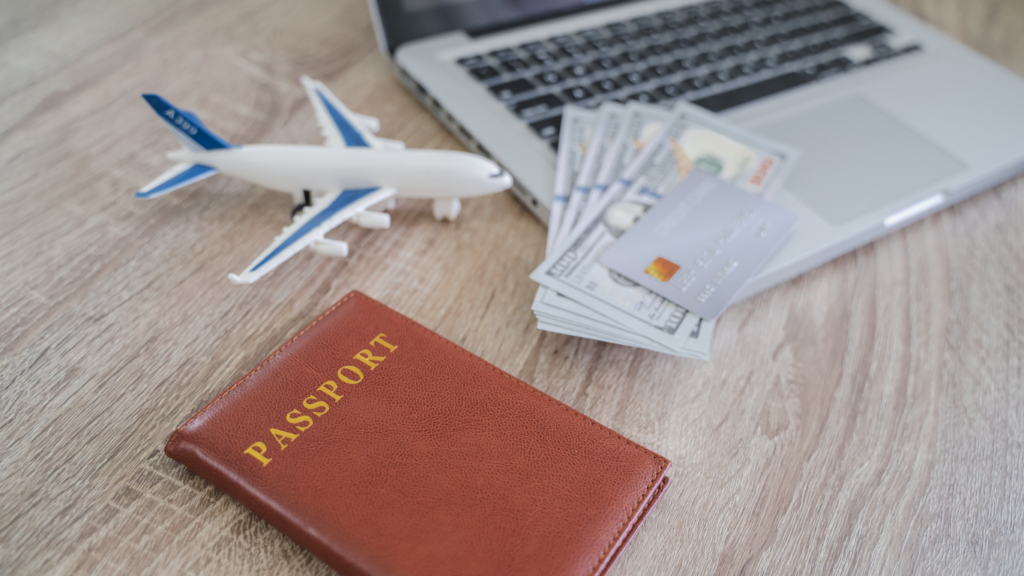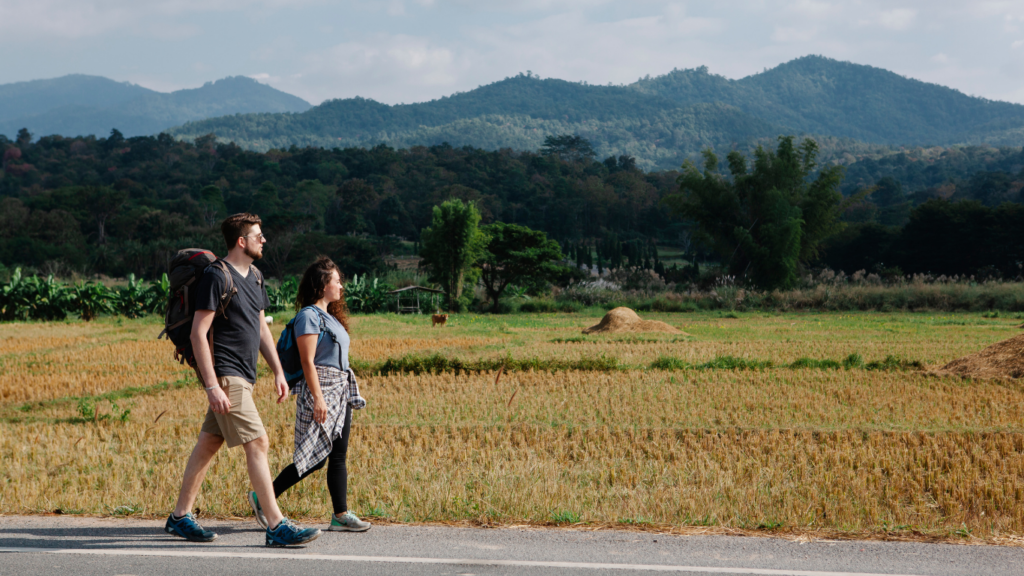Understanding the Latest Travel Restrictions
Keeping track of the most recent travel restrictions can be overwhelming. However, staying updated is essential to ensure smooth travel plans.
Overview of Current Travel Restrictions
Current travel restrictions vary significantly by country and even regions within countries. Restrictions may include mandatory quarantines, RT-PCR tests, vaccination proof, and travel bans from specific areas. I find it useful to check government travel advisory websites frequently for the most accurate and current information. Sites like the CDC and the World Health Organization often update travelers on new travel protocols.
How Travel Restrictions Affect Different Travelers

Travel restrictions influence various types of travelers differently. Each group faces unique challenges and considerations.
Impact on Business Travelers
Business travelers often face tight schedules and last-minute trips. Restrictions like mandatory quarantines, entry bans, and frequent testing disrupt business plans significantly. For example, an executive needing to attend a meeting in Japan might encounter a 14-day quarantine, making short trips impractical. These restrictions necessitate detailed planning and flexibility, which can impact productivity and business opportunities.
Effect on Tourists
Tourists seek enjoyment and relaxation, but travel restrictions make these goals harder to achieve. Entry bans and the requirement for negative COVID-19 tests before departure add layers of complexity. For instance, tourists planning a trip to New Zealand must secure a negative test within 72 hours of their flight, a process that’s both stressful and logistically challenging. These restrictions deter spontaneous travel and require meticulous pre-trip arrangements, reducing the appeal of international vacations.
Considerations for Students and Expatriates
Students and expatriates often deal with long-term stays in foreign countries, so travel restrictions pose significant hurdles. Quarantine requirements can delay the start of academic terms or job appointments. For example, a student accepted to a university in the United States may have to quarantine upon arrival, missing important orientation activities. Expatriates relocating for work face similar issues, needing to navigate varying testing and quarantine protocols based on their destination. These constraints complicate the transition and require thorough pre-travel planning.
Navigating Travel Restrictions
Navigating travel restrictions isn’t straightforward. Being proactive makes a significant difference in how smoothly your travel plans proceed.
Tips for Planning Ahead
Plan trips well in advance. Research the specific entry requirements for your destination. Countries may require negative COVID-19 test results or proof of vaccination. Confirm quarantine rules and local regulations well before departure. Flexibility helps too; prepare backup plans for changes in travel advisories or restrictions.
Resources for Up-to-Date Information
Use reliable sources for current travel information. Government websites, such as:
- the CDC (Centers for Disease Control and Prevention)
- WHO (World Health Organization)
provide authoritative updates on travel restrictions. Airline websites often list entry requirements and updates for different destinations. Mobile apps like TripIt and COVID Controls offer real-time travel advisories.
Documentation and Legal Requirements
Ensure all documents are up-to-date. Carry essential items like passports, visas, and proof of vaccination. Some countries enforce legal requirements such as health declarations or digital entry forms; check official channels for specifics. Keep physical and digital copies of all travel documents to avoid issues during transit.
Financial Implications of Travel Restrictions
Travel restrictions impact your finances significantly. Understanding the key areas helps manage these costs efficiently.
Understanding Refund Policies
Refund policies vary by airline and hotel. Many airlines offer vouchers or credits instead of cash refunds, particularly for non-refundable tickets. If a flight’s canceled, request a full refund since airlines are legally obligated to provide one. Check hotel cancellation policies carefully; some offer flexibility, while others impose strict penalties. Always read the terms and conditions before booking to avoid unexpected fees.
Travel Insurance and Coverage
Travel insurance is crucial during pandemics. Policies differ in what’s covered, especially regarding pandemics or specific virus outbreaks. Some policies include cancellations due to government restrictions, while others don’t. Ensure that travel insurance covers medical emergencies, trip cancellations, and interruptions. If covered, it may reimburse non-refundable expenses, like flights or accommodation. Verify the extent of coverage and any exclusions to ensure comprehensive protection.
Managing Unexpected Costs
Unexpected costs arise with constantly changing travel restrictions. Quarantine accommodations, COVID-19 tests, and last-minute flight changes add significant expenses. Factor these into your budget when planning a trip. Many countries mandate quarantine periods upon arrival, so budget for additional hotel stays and meal costs. If a flight’s delayed or canceled, extra costs for accommodation and meals can accrue quickly. Always keep an emergency fund to manage these unplanned expenses.
Adapting to the New Normal
Navigating travel restrictions demands flexibility and the willingness to adapt. Each country modifies its rules based on evolving situations, so staying informed is crucial.
Adjusting Travel Plans
Flexibility becomes essential as travel plans change frequently. By booking flexible tickets, I avoid hefty fees if modifications are required. I also keep backup plans ready for accommodations to ensure fewer disruptions. Monitoring official updates from destinations allows me to remain prepared for sudden policy shifts.
Alternative Travel Options
Exploring alternative travel options can minimize the impact of restrictions. Domestic travel emerges as a viable option since international travel faces more restrictions. Road trips or traveling to less crowded destinations can present safer alternatives. Virtual tours from local tourism boards provide an immersive experience without leaving home.
Staying Safe and Healthy While Traveling
- Ensuring personal health remains a top priority while traveling.
- Wearing masks in public spaces, using hand sanitizers, and maintaining physical distance can significantly reduce risk.
- Also book accommodations with enhanced cleaning measures and prefer contactless services where available.
- Scheduling regular health checks before, during, and after travel ensures better health monitoring.





